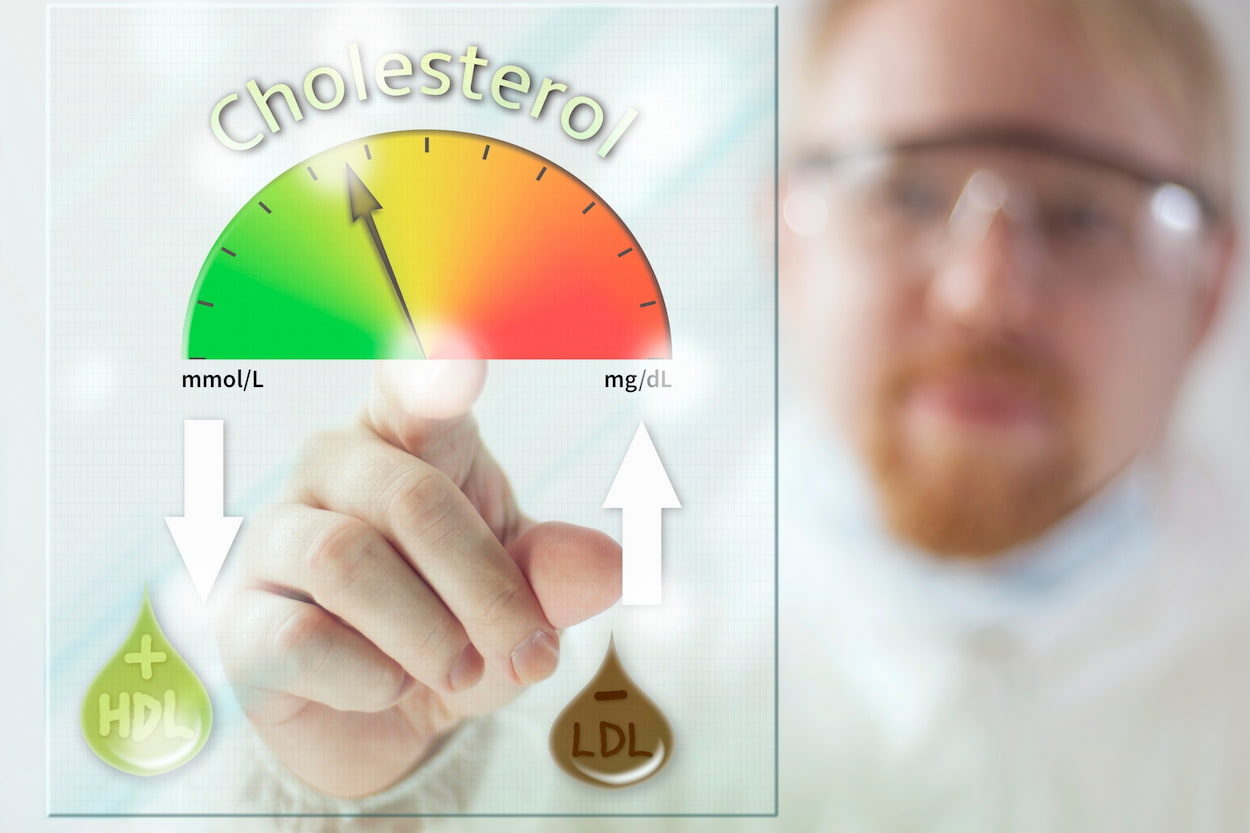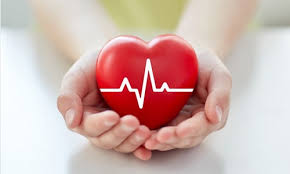
Broken Heart Syndrome
Broken heart syndrome is a temporary heart condition that develops in response to an intense emotional or physical experience. It’s also known as stress cardiomyopathy or takotsubo cardiomyopathy. In this syndrome, the heart’s main pumping chamber changes shape, affecting the heart’s ability to pump blood effectively. The heart’s chamber looks similar to a Tako -Tsubo pot, which is a Japanese fishing trap used to catch octopus.
People with broken heart syndrome can have sudden chest pain or think they’re having a heart attack. But it affects just part of the heart. It briefly interrupts the way the heart pumps blood and the rest of the heart continues to work as usual.
Specialists first identified broken heart syndrome in 1990 in Japan. Since then, this syndrome has been found in people all over the world and more people are being diagnosed with it as awareness of the condition has grown. Broken heart syndrome is a somewhat uncommon disease. The disease most often occurs in older women, but it can happen to men and younger women.
Breakdown of a Broken Heart
Broken heart syndrome, also called stress-induced cardiomyopathy or takotsubo cardiomyopathy, can be even if you’re healthy.
Women are more likely than men to experience sudden, intense chest pain that can be caused by an emotionally stressful event. Its cause could be the death of a loved one or a divorce, breakup or physical separation, betrayal, or romantic rejection. This syndrome could even happen after a good shock, such as winning the lottery.
Broken heart syndrome may be misdiagnosed as a heart attack because the signs and test results are similar. Tests show dramatic changes in rhythm and blood substances that are typical of a heart attack but unlike a heart attack, there’s no evidence of blocked heart arteries.
In this syndrome, a part of your heart temporarily enlarges and doesn’t pump well, while the rest of your heart functions normally or with even more forceful contractions.
What Happens During Broken Heart Syndrome?
During times of extreme mental or physical stress, the body releases a sudden burst of adrenaline and stress hormones. This cause the small arteries around the heart to constrict, which reduces the blood flow to the heart and stuns the heart muscle temporarily.
Whilst the signs are almost identical to a heart attack, most heart attacks are typically caused by blockages in the arteries of the heart. However, most patients who have broken heart syndrome have arteries that are not blocked. Because of the surge in stress hormones, the heart just doesn’t pump blood as well as it should, which causes heart attack-like symptoms, as well as rapid but normally reversible heart muscle weakness.

What Causes Broken Heart Syndrome?
Around two-thirds of people diagnosed with broken heart syndrome can pinpoint a triggering episode that caused the condition. Emotional stress such as the loss of a loved one has also been reported in around 30 percent of cases. But with one-third unable to recall a trigger, it’s believed that there may be other factors effective involving the endocrine, vascular, and central nervous systems.
Below are some factors of stress when extreme that can trigger broken heart syndrome.
Mental/Emotional Stress Factors
Grief, losing a family member or loved one
Fear
Extreme anger
Surprise or shock
Near-death experience
Being cheated on by someone you trust very much
Physical Stress Factors
High fever
Stroke
Seizure
Difficulty breathing
Significant bleeding
Very low blood sugar
A sudden drop in blood pressure
Severe pain
Broken Heart Syndrome Diagnosis
If you think might have broken heart syndrome, several tests can help figure things out:
Physical exam and history: The doctors will examine you and ask about your symptoms. They’ll want to know about any major events or stress factors you’ve had lately.
ECG: The doctors will want an ECG to look for any problems with your heart’s rhythm and structure. The results will let them know if your symptoms are from a broken heart syndrome.
Coronary angiogram: This test looks at your coronary artery disease. Dye is injected into your chest and your coronary arteries to help your doctor see any blockages. People with heart attacks usually have them but folks with broken heart symptoms typically don’t.
Echocardiogram: This ultrasound shows the doctors if you have an enlarged heart or if your heart has an abnormal shape while it pumps. That last one may be a sign of broken heart syndrome.
Radionuclide perfusion imaging: A similar test to an echocardiogram, this helps show which sites of the heart muscles get blood normally through the coronary arteries. It also lets the doctor know where you could have heart damage.
Chest X-ray: Chest X-ray can show if you have an enlarged heart or if it has an abnormal shape.
Broken Heart Syndrome or Heart Attack?
Unlike a heart attack, in broken heart syndrome, the heart muscle is not permanently damaged and the coronary arteries are not blocked.
You have broken heart syndrome and not a heart attack if:
Your symptoms appeared suddenly following a stressful physical or emotional event.
Your EKG was abnormal the changes are not the same as those seen during a heart attack.
Your blood work shows a rise in cardiac enzyme levels, the same enzymes that would be high in a heart attack.
The arteries supplying your heart are usually not blocked and there’s no scar tissue present in your heart.
The lower part of your left ventricle is enlarged showing a ballooning of this area and there are unusual muscle wall movements.
Broken Heart Syndrome Treatment: Healing Broken Heart
As there are medical options in the treatment of broken heart syndrome, you must be careful that no one breaks your heart and turns you into an angry person. Trusting someone is a human need, but don’t let any disappointment break your heart this much.
Other than that, what can be done:
ACE inhibitor and beta-blocker medicines: These can help promote heart healing.
Blood-thinner medicines: These help prevent stroke.
IV (intravenous) fluids: This may be used if your doctor thinks you may be dehydrated.
Oxygen therapy: This is done to increase oxygen in the blood.
Psychotherapy: This can help with problems like anxiety and stress.
Treatment of a triggering health condition: These can include conditions like asthma.
Firstly, you might also be treated for a heart attack. For example, you may be given aspirin. This treatment may last until your doctor determines your symptoms aren’t caused by a heart attack.
The Study of Broken Heart Syndrome
According to a comprehensive study published in the New England Journal of Medicine, which analyzed a large cohort of patients with broken heart syndrome, emotional stressors were identified as the most common triggers for this condition, accounting for approximately 70% of cases. The study also highlighted the temporary nature of broken heart syndrome, with patients typically experiencing complete recovery within a matter of weeks. The findings of this study provide valuable insights into the causes and outcomes of broken heart syndrome, reassuring those who may be concerned about its long-term effects.
Conclusion About Broken Heart Syndrome
It’s very common to hear people talk about a “heartache” or a “broken heart” when they are talking about their emotions. While it’s mostly meant in a figurative sense, broken heart syndrome is real! Broken heart syndrome isn’t limited to sudden emotional stress factors; sudden physical stress can cause it too.
The good news is that once this syndrome is recognized, it’s a temporary condition that doesn’t cause any permanent heart damage. Because its symptoms mimic a heart attack, never try to self-diagnose and convince yourself that you have broken heart syndrome. Healthy Türkiye will be happy to repair your broken heart and relieve you from physical and mental stressors with our specialist doctors.




